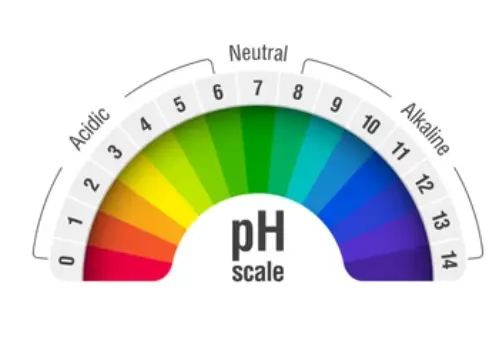 Welcome
Welcome
“May all be happy, may all be healed, may all be at peace and may no one ever suffer."
Gl hemorrhage from stress ulceration - Generics
Gastrointestinal (GI) hemorrhage from stress ulceration occurs when there is bleeding in the digestive tract due to the formation of ulcers caused by physical or emotional stress. Stress ulcers are typically seen in critically ill patients, those with a history of trauma, and those undergoing major surgeries.
Symptoms of GI hemorrhage from stress ulceration include abdominal pain, vomiting, nausea, hematemesis (vomiting of blood), melena (black, tarry stool), or hematochezia (fresh, bright red blood in stool).
Treatment for GI hemorrhage from stress ulceration involves identifying and addressing the underlying cause of stress, such as mechanical ventilation or sepsis, and stabilizing the patient. Medications to reduce acid production in the stomach and promote healing of the ulcer may also be prescribed, such as proton pump inhibitors (PPIs), H2 blockers, or sucralfate.
In severe cases of GI hemorrhage, endoscopy or surgery may be necessary to stop the bleeding and repair any damaged tissues. It is important to seek immediate medical attention if symptoms of GI hemorrhage from stress ulceration are present, as prompt treatment can prevent further complications and improve the chances of recovery.

Pre-operative scrubbing &...

NSAID-induced ulcers

Alkalinizing agent

Lymphoma

Loiasis

Urothelial toxicity

Pertussis

Active immunization again...
Gl hemorrhage from stress ulceration, স্ট্রেস আলসারেশন থেকে জিএল রক্তক্ষরণ
To be happy, beautiful, healthy, wealthy, hale and long-lived stay with DM3S.